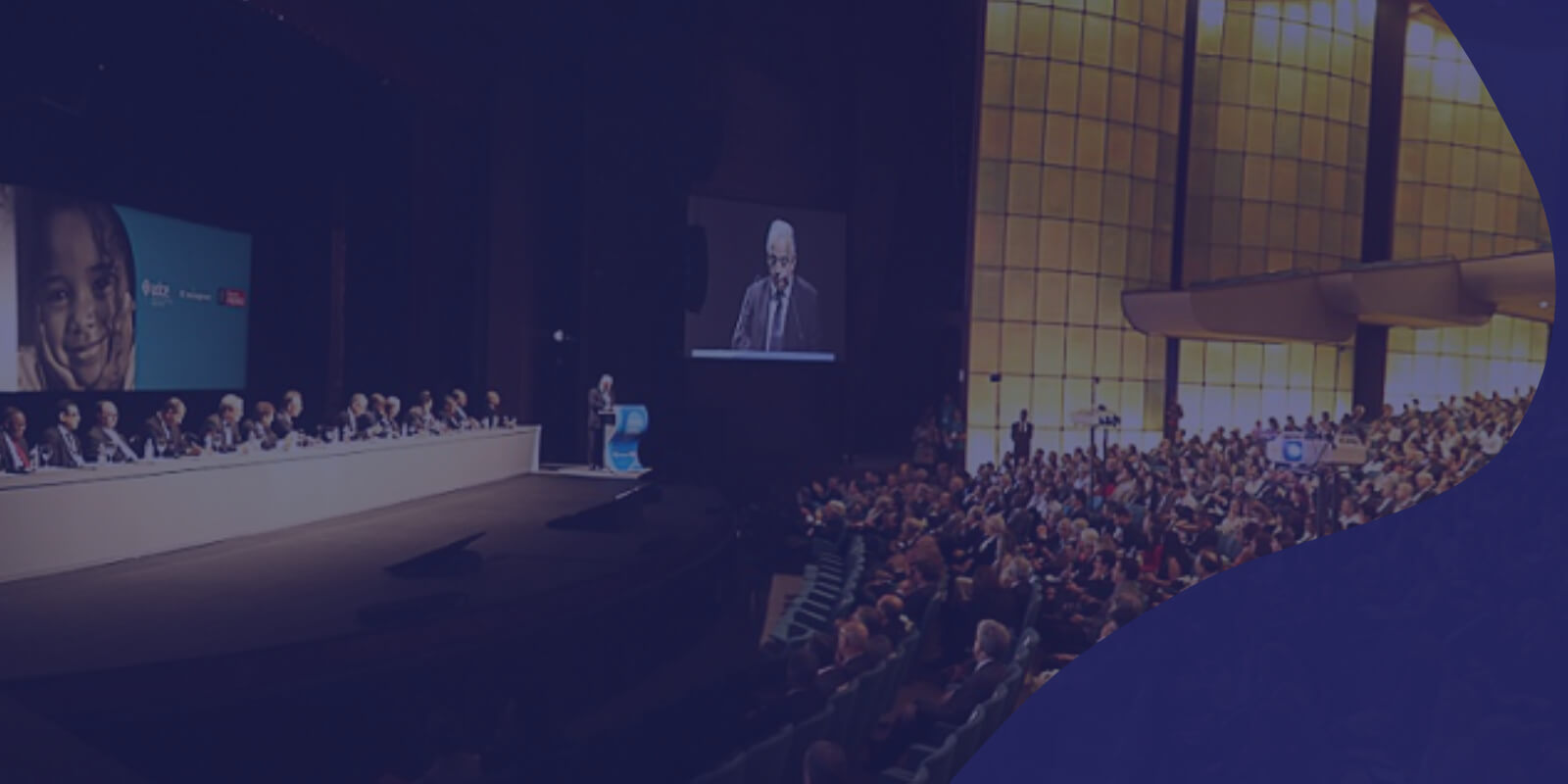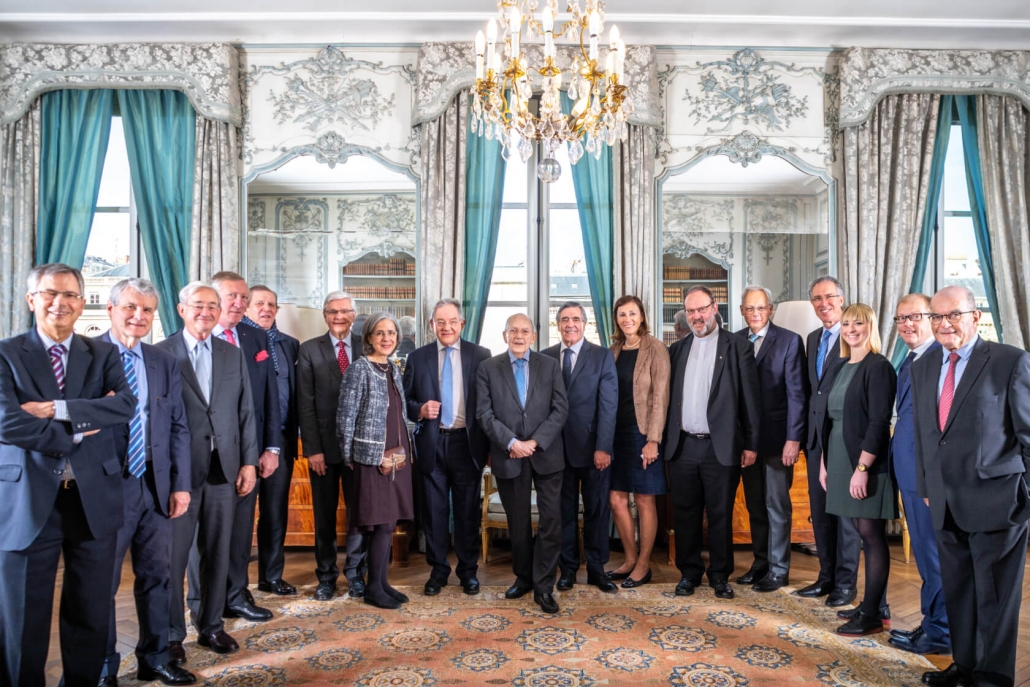
TO UNIFY

TO GUIDE

TO MOTIVATE
The purpose
of UNIAPAC is:
To unite, guide and inspire business leaders so that, in the light of Christian Social Thought, they commit themselves to:
Their personal formation
The transformation of their companies and their businesses’ environment
The contribution to the construction of a fairer and more humane society
Do not miss our events
23
October
Manila Marriott Hotel, Philippines
Wednesday
XXVIII UNIAPAC WORLD CONGRESS
Manila Marriott Hotel, Philippines | 2 Resorts Drive, Newport World Resorts NCR - Fourth District, Barangay 183 Metro Manila Pasay City, 1309 Philippines
Discover our members all around the world
Read our publications

International Think Tank
Each annual themed meeting has gathered together high-level speakers such as economists, business leaders, theologians, philosophers, sociologists, etc.

Opinion serie
The UNIAPAC Foundation created Opinion Series in 2012. Each publication takes an in-depth look at a theme linked to the Foundation’s subjects of reflection.

Publications
With the same ambition, the UNIAPAC Foundation also supports the writing, translation and publication of various documents tackling fundamental questions from an innovative standpoint:

